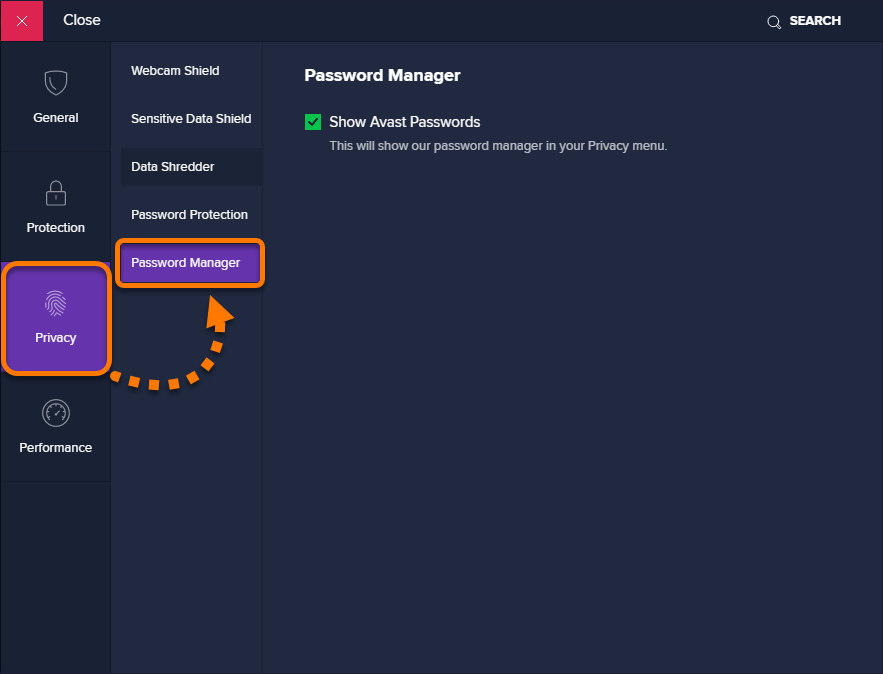

AVAST PASSWORDS ERROR REGISTRATION
The increase in the variety of websites, social networks and online platforms that require registration in them made it so much easier for malicious software to get any data. In some cases, your password is the only thing that keeps the hacker of malicious software away from your personal data. People use browsers to get access to various websites, which are not always safe. The Internet has become the weakest spot in the safety of modern computers. The main idea behind this function is to keep all of the passwords in one secure place to protect them from external threats or prevent their loss. Turned out that the issues were caused by the security software.Avast Passwords is one of the additional features any user can get by improving his or her Avast Antivirus tariff to a premium or pro version. Then in February 2019, users would get SEC_ERROR_UNKNOWN_ISSUER when connecting to secure sites. When Firefox 61 was released in mid 2018, the browser suddenly threw Secure Connection Failed errors when attempting to connect to HTTPS sites. The incident is not the first time that AVG or Avast software caused issues in Firefox. Some Firefox users fixed the issue by rolling back to Firefox 67.0.1 AVG/Avast software appears to play fine with that version of the browser.
AVAST PASSWORDS ERROR PATCH
Other than that, you either have to wait for AVG/Avast to issue a patch that addresses the problem or remove the software from the system. One option to fix the issue on the user's end would be to exclude Firefox or the file from scans.

The fix is a temporary one as the logins file will corrupt again when you restart the system.
AVAST PASSWORDS ERROR UPDATE
Update 3: Mozilla released an add-on to restore the passwords on affected systems. We apologize for any inconvenience this may have caused to the affected users.

The password file is typically stored in the Firefox profile directory: c:\Users\\AppData\Roaming\Mozilla\Firefox\Profiles\.default\logins.json

We recommend the user does a backup of these ‘logins.json’ files, for example to another folder, before renaming them. This means the passwords are not lost, but the user will need to rename the file back to ‘logins.json’. For those affected, Firefox has not deleted the password file but will have renamed it to from ‘logins.json’ to something like ‘’ (or ‘’, ‘’, etc.).


 0 kommentar(er)
0 kommentar(er)
